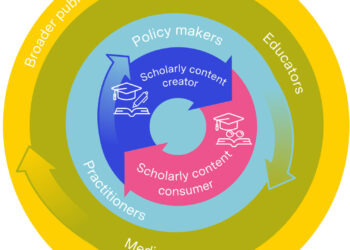According to a story in the San Francisco Chronicle, a new publishing entity called 8020 Publishing is showing that the wall between amateurs and professionals sometimes collapses when tested. While creating travel and photography magazines named, respectively, Everywhere and JPG, 8020 Publishing has learned that user-generated photography and travel text is often very good. And the submission levels are so high that the amount of available content will keep things running for years and years.
Todd Lapin, a former editor at Wired and now editor-in-chief of Everywhere, puts it this way:
“[T]he quality is there. . . . After doing this for a bit, I’m still not seeing what professional travel writers do that our people aren’t doing better. Think about it. There’s only one of them going to a place and there’s potentially hundreds of our people already there.”
As a former big-time media editor now working for 8020 Publishing states, “What Condé Nast did was something that worked for generations,” he said. “But this is 180 degrees apart from that.”
Granted, there is a world of difference between travel writing and STM publishing. Yet, it’s worth reflecting on what it means when the tools once preserved for professionals due to scarcity and specialized training become commonplace and usable for nearly everyone participating in a human activity.
A new initiative, WikiProteins, may provide a clue. What happens when scarcity becomes less of an issue around research information?
Discussion
1 Thought on "Watch Out, “Professionals”!"


